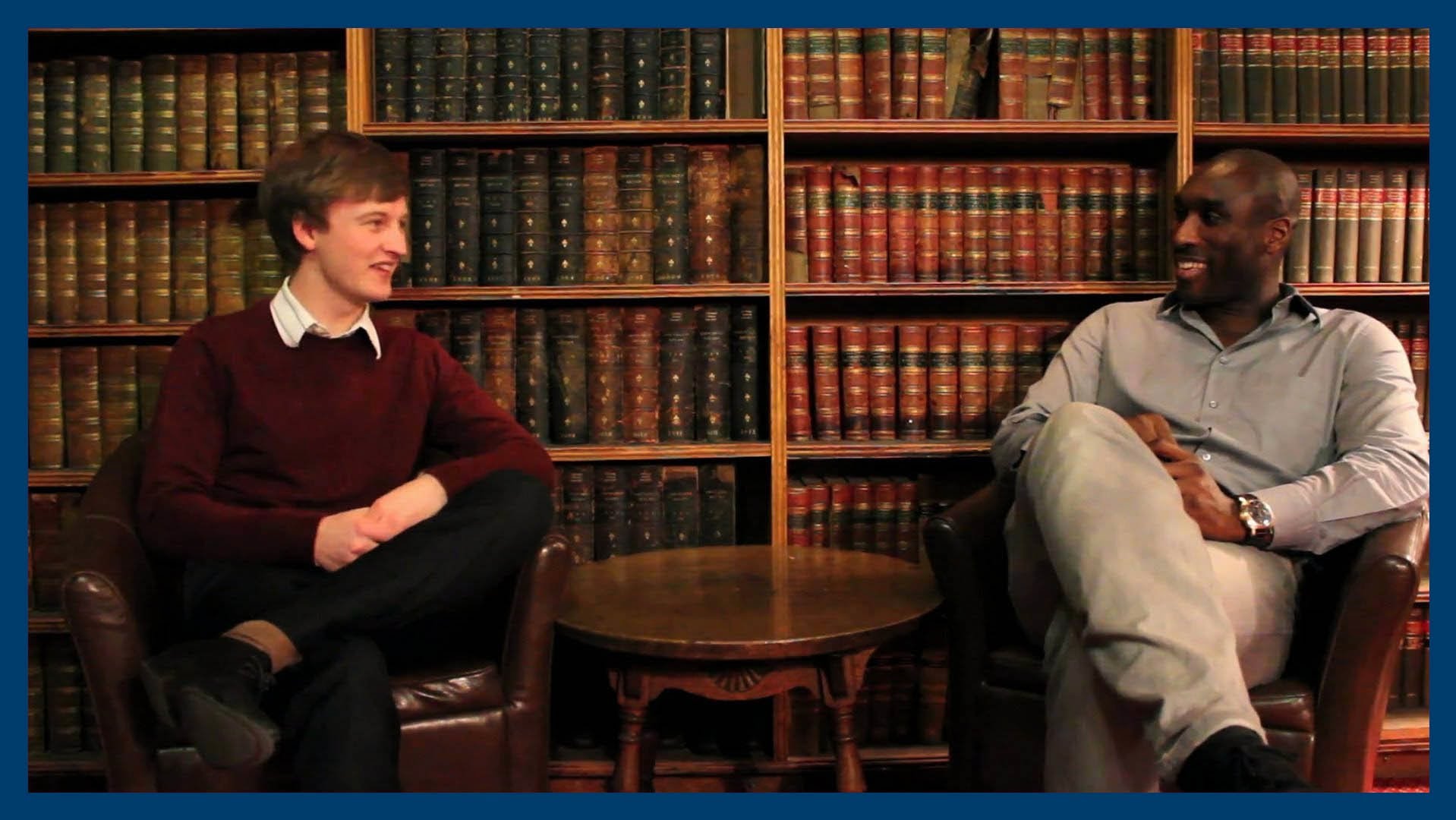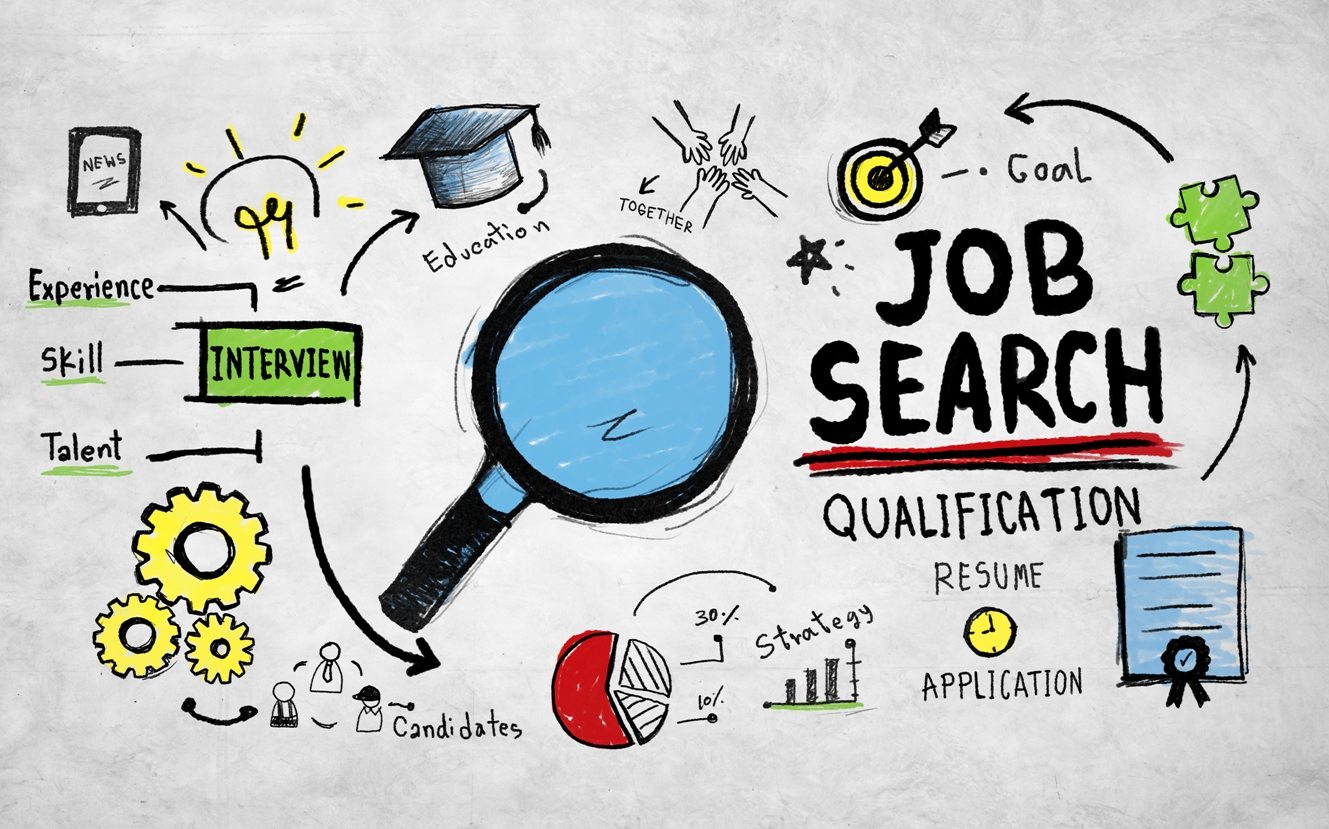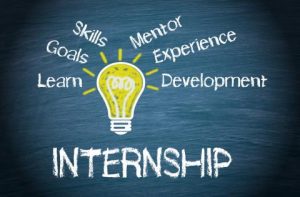Interviews, what more can be said about them. They either make or break a candidate. But they can become successful if a candidate prepares and shows to the interviewer that they have the potential and drive to be a successful candidate at their school. I hope that these lessons will be beneficial and provide the necessary preparation for the daunting (but successful!) interviews ahead.
It is important to flourish in terms of conveying your own unique personality, interests, awareness of the world, intellectual engagement and all-round potential.
The goal is to be guided on how to clearly communicate your own individual enthusiasms, backgrounds and ideas; to think independently; to answer interview questions in a mature and sincere way; and to bring out what is unique about yourself in a clear a way.
The interview is an opportunity for the school to assess if you are a good fit for the school and vice versa. This can be based on academics, behaviour, ethics and values, commitment to study, and dedication to sport and co-curricular.
Tips:
1. Explain your answers and be calm. Articulate, but don’t over-explain.
2. Good posture makes a strong impression, so sit up tall and don’t slouch, fidget, bite your nails, pull your hail or chew gum.
3. Always be honest. If you don’t know the answer to a question, just say so. Remember, there are no right or wrong answers. Honesty is the best policy – and if it is discovered later that you have been dishonest, you are very likely to be dismissed. Admitting, for example, to a period of poor motivation during your A-Levels shows more integrity than blaming someone else for poor grades, so don’t feel that you should ‘cover up’ these incidents – present them positively as learning experiences.
4. In an interview you may be assessed on what you don’t know – metacognitive skill (“thinking about thinking”). Listen and really try to appreciate where the other person is coming from is also an exercise in empathy and discovering how to connect.
5. Be yourself: if you adopt a new persona for the interview, the result is likely to be insincere and transparent.
6. Think about the structure of your answers: you might summarise at the end rather than trailing off. Expand as often as possible, but don’t over-communicate or waffle.
7. Ask for clarification if you need it, or request a moment’s thinking time, before tackling a particularly difficult question.
Difficult Questions
Questions often perceived as particularly difficult include those which appear to be an invitation to shoot yourself in the foot, such as:
What is your biggest weakness? What would you say has been your greatest failure?
When answering these questions: relax, be honest, and emphasise the positive. Think about answers in advance so that you’re not floundering on the day.
Remember – no interviewer expects you to be completely perfect and self-awareness is preferable to blind arrogance!
Or, you could tell them about your tendency to be nervous when presenting in front of large audiences and how, in an effort to overcome this, you have joined the debating society and now have strategies which help you communicate clearly to an audience when nervous.
Another line of questioning that can sometimes be daunting is if you are asked to think about yourself in a different way.
Remember! End on a positive note.
When you get home ensure you record all the questions you remember being asked at the interview.
To find out more about Ampla Education’s test preparation courses and boarding school application services, contact us at info@ampla-edu.com
________________________________________________________________________
© Ampla Education – Unauthorised use of this material without permission is strictly prohibited. Excerpts and links may be used, provided that full credit is given to Ampla Education.




















